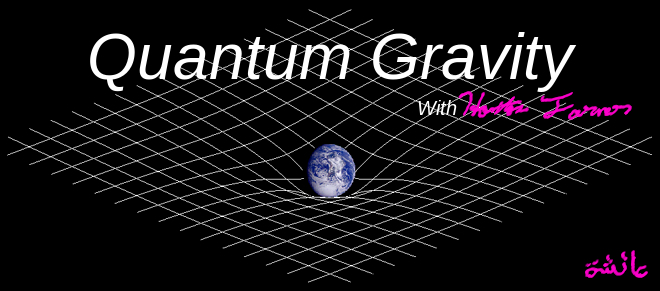Z, a quantity known as the partition function in statistical thermodynamics and the generating functional in quantum field theory tell us that we are exactly right about black hole thermodynamics. Dr Craig Callender, Professor of Philosophy at UC San Diego, is all wrong about black holes. Any theory which unifies Quantum Field Theory (QFT) with General Relativity (GR), by any means, will allow us to write such a generating functional. When the low energy limits are taken for a large number of particles, we recover statistical thermodynamics.
A Textbook Proof.
To fully explain with all details why the problems Dr Callender brings up are not problems would take material from 5 to 6 courses. Thermodynamics, statistical thermodynamics, graduate level statistical mechanics, quantum field theory and general relativity. Instead I will state two scientific facts.
- In statistical thermodynamics we write a “partition function” Z1 which describes the statistical properties of a system in thermodynamic equilibrium. (Thermodynamic equilibrium meaning the total energy is constant on a short enough time scale).
- In Quantum Field Theory we write a “generating functional” of the fields Z2 which describes the statistical properties of the fields.
In both we take derivatives of Z to find thermodynamic properties of extended systems of interacting particles where the whole system, on a short enough time scale, has constant energy. I keep saying on a short enough time scale the energy is constant. By this I mean that the system is not spontaneously losing or gaining energy in the time frame we are interested in for our observations. Given a long enough time energy is never constant for any isolated system. With the sole exception of the entire universe.
The problem of combining gravity with quantum mechanics comes down to infinities that appear when we try to compute the partition function with just R. As explained in this portion of this presentation by Dr David Tong, professor of theoretical physics at Cambridge. First lets hear him introduce the current very broken theory of everything.
The problem is that if we try to actually evaluate this equation with strong gravity we get infinities which don’t cancel out, and which don’t exist in real life.
The most general approach to solving the problem would be to introduce some functional of the gravitational field R, some F(R) (read as F of R) which causes the infinities to cancel out. Executing the integral with R+F(R) will give us a finite mathematically well-behaved result.
Finding what that F(R) is and coming up with a physical justification for adding it to the equation, then showing that it does not break all of the many observations we know is the hard part.
Once we have this the procedure for recovering black hole thermodynamics is the application of a well-established, in fact, textbook procedure in quantum field theory. See for example Chapters 12.5 and 13 of “An Introduction to Quantum Field Theory”, by Peskin and Schroeder. In which it is shown mathematically how this would work for a general quantum field theory.
If I can work out a general form for how this would work with the gravitational field, with no assumptions on the form of F(R), then I will post about it here. However, the fact such can be done is not disputed by anyone who studies this problem. In fact I'd be very surprised if such an explicit proof does not exist already.




Comments